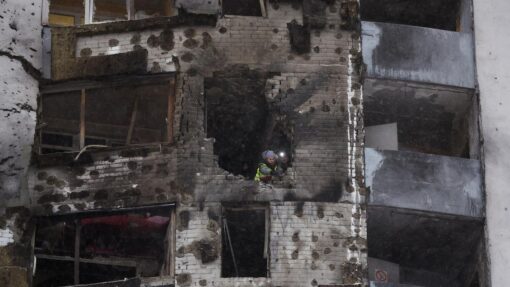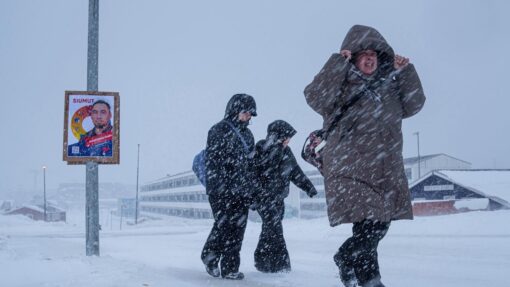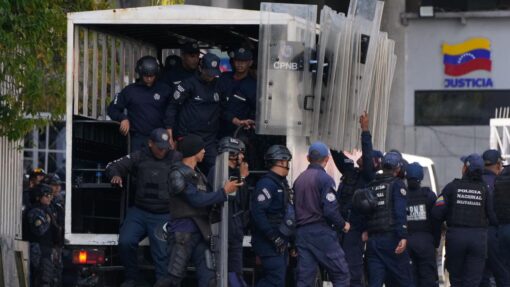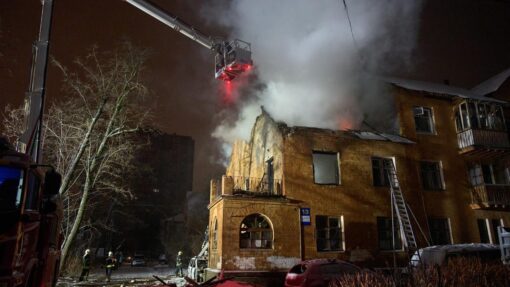Australia wants UN Security Council reform
Finbar O'Mallon |
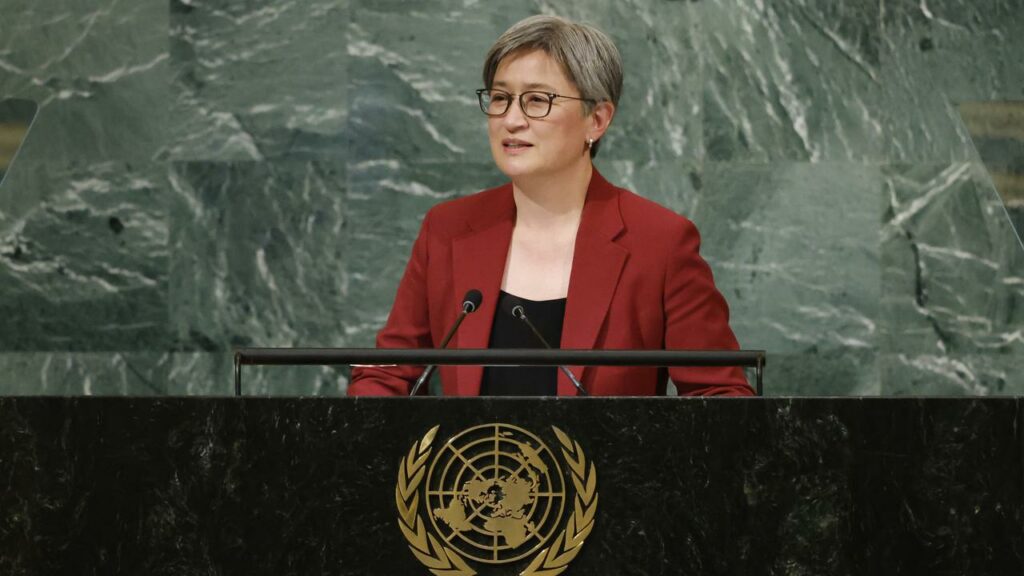
Australia will seek a seat on the United Nations Security Council as it pushes for greater membership for smaller states, after raising concerns about the veto powers of permanent member Russia.
Foreign Affairs Minister Penny Wong told the UN General Assembly on Saturday Australia wants the council to make room for other “small and medium-sized” countries from Africa, Latin America and Asia.
The council currently comprises five permanent member states with veto power – China, Russia, France, the UK and the United States – and 10 non-permanent members, five of which are elected each year by the General Assembly for two-year terms.
“We seek reform of the Security Council with greater permanent representation for Africa, Latin America and Asia, including India and Japan,” Senator Wong said.
“Being genuinely committed to the United Nations means being genuinely committed to reforming the United Nations and keeping it vital.”
Australia plans to campaign for a non-permanent seat on the council for two years from 2029 to 2030 and would take a leadership role if was successful, Senator Wong told reporters on the sidelines of the UN meeting after her speech.
“It’s some time off … but I would say that we are a player. We are a country that has played our part in the international system,” she said.
In her speech, Senator Wong also took aim at the veto powers of permanent members, particularly Russia and China, which tend to vote in favour of each other, or for their own interests.
Russia has used its permanent seat on the council to veto moves to curtail or condemn its invasion of Ukraine.
“We cannot accept a situation where large countries determine the fate of smaller countries,” Senator Wong said in her speech.
“That is why Russia’s illegal, immoral invasion of Ukraine cannot be normalised and it cannot be minimised.
“It was never intended that the Security Council veto power would be used to enable unchecked abuse of the UN Charter – by the very countries that were given the veto.”
Asked later if Russia’s veto powers should be removed, Senator Wong told reporters that was a matter for the UN but did not shoot down the suggestion.
“If you ever wanted an example of why Russia is flouting the international system … it is the fact that it is using its veto power itself in order to breach the UN charter,” she added.
In her speech, Senator Wong said the world was looking to countries like China to exert their influence to pressure Russia to end its war on Ukraine.
“In this, the world looks to China, a great power, a permanent member of the Security Council, with a ‘no limits partnership’ with Russia,” she said.
“The death and destruction in Ukraine reminds us all how much we have to lose if we fail to protect the UN Charter,” Senator Wong added.
“It reminds us that each nation must make its own choices and exercise its own agency … And we cannot be passive when big powers flout the rules.”
Senator Wong also warned Russian President Vladimir Putin’s “weak and desperate nuclear threats” underlined the danger that nuclear weapons posed to the world and the urgent need for progress on nuclear disarmament.
Senator Wong also painted a grim picture of a world in crisis due to the impacts of widespread food and energy insecurity.
“The world has experienced disasters and conflict in the past, but the intensity and confluence of today’s challenges in an interconnected world are without precedent,” she said.
Senator Wong also pointed to Australia’s commitment to work with its Pacific allies on the issues of climate change.
“We reaffirm that climate change remains the single greatest threat to the livelihoods, security and wellbeing of the peoples of the Pacific,” she said.
Australia also sought deeper engagement with Southeast Asia, Senator Wong said.
“Australia seeks a region that is peaceful and predictable, that is governed by accepted rules … where our relations are based on respect and partnership,” she said.
AAP